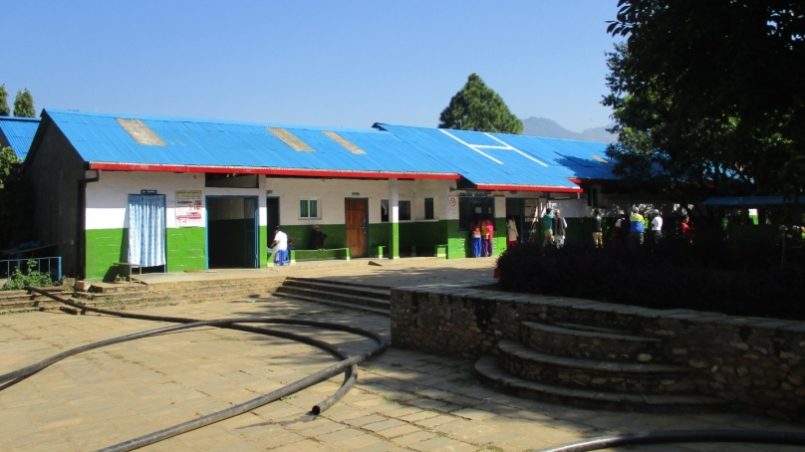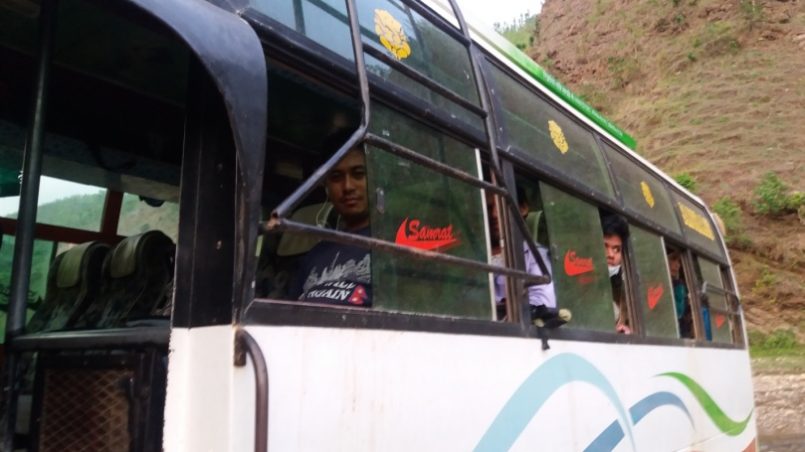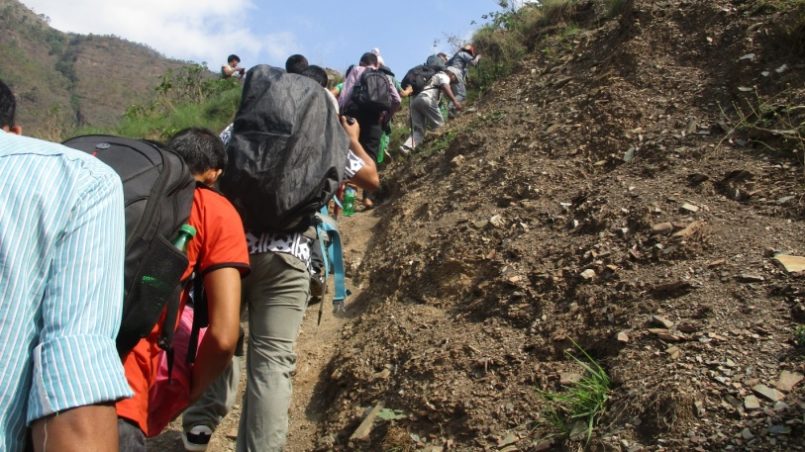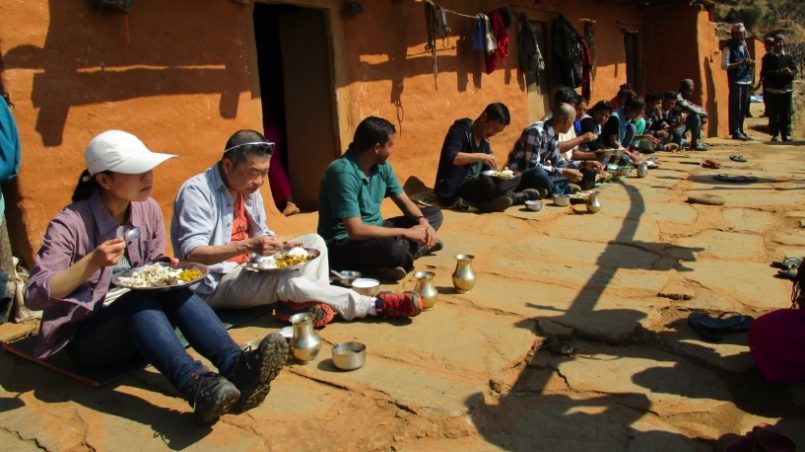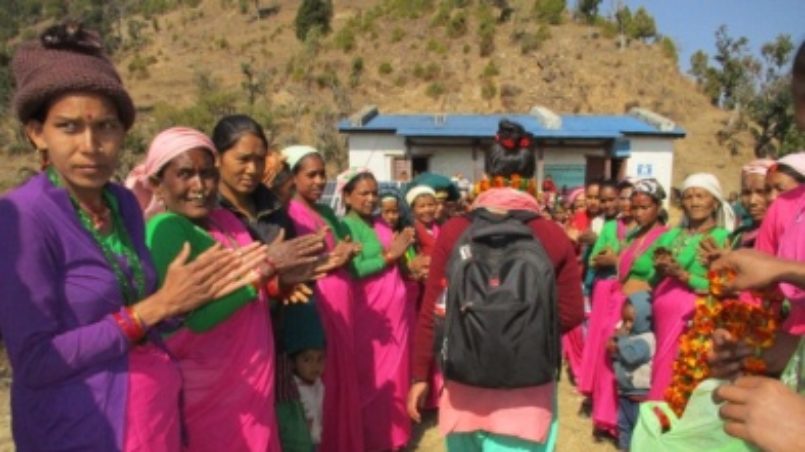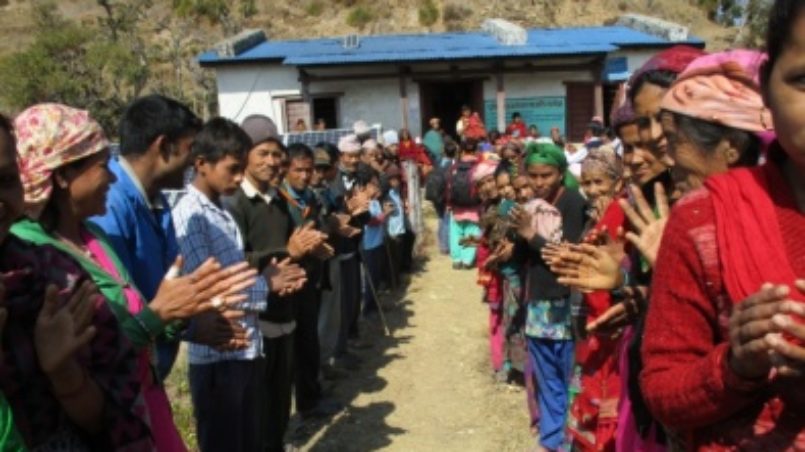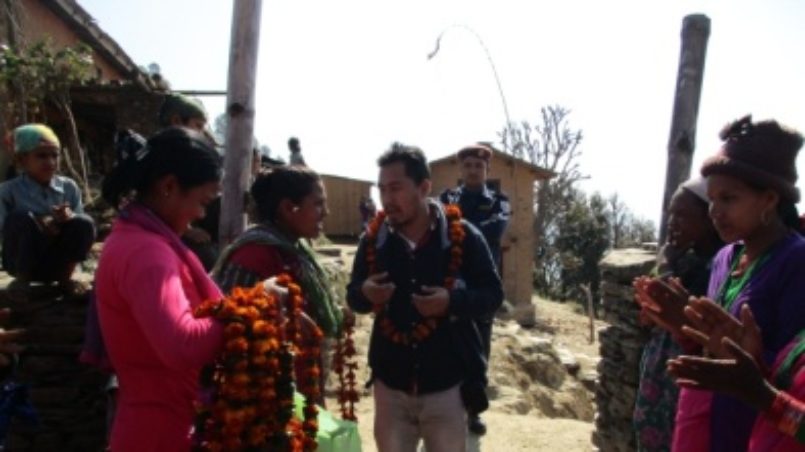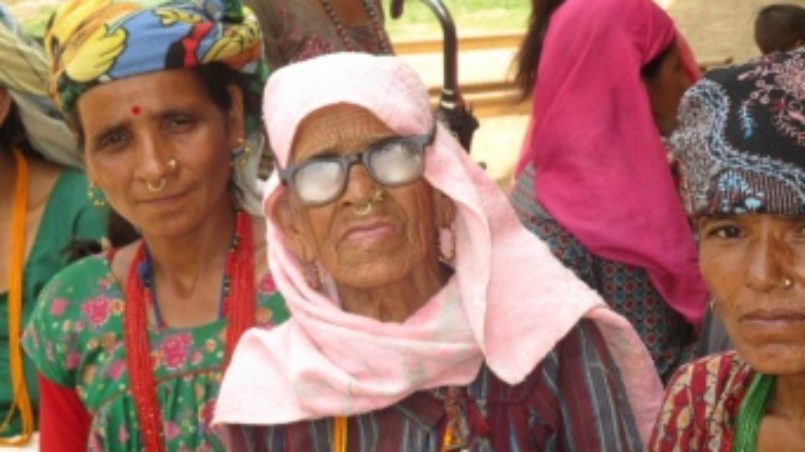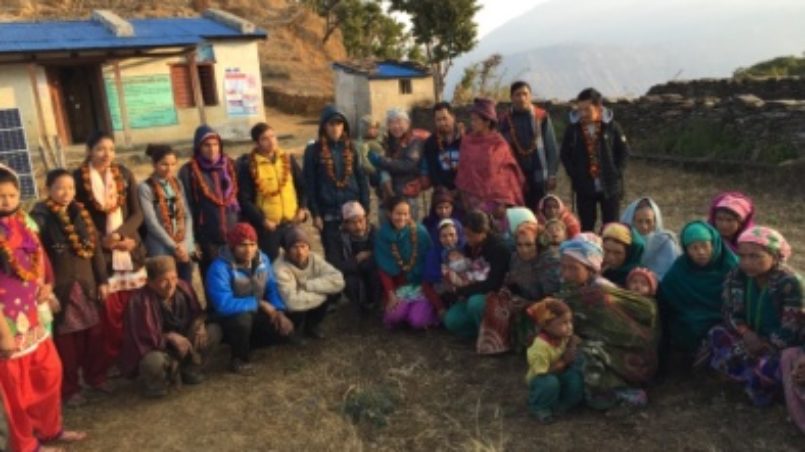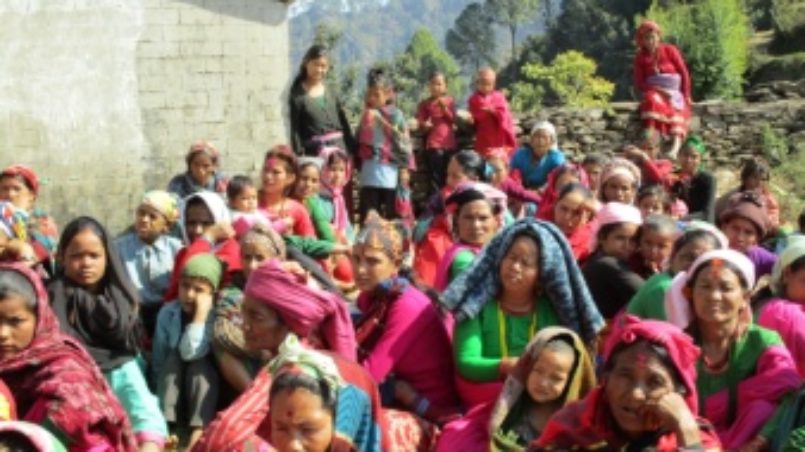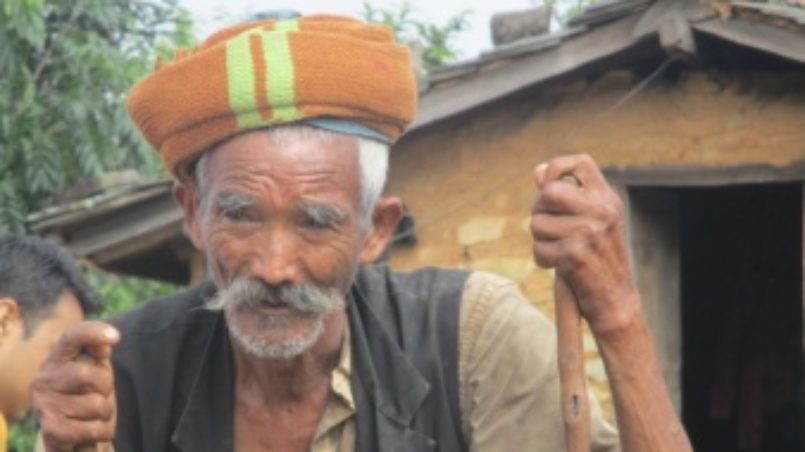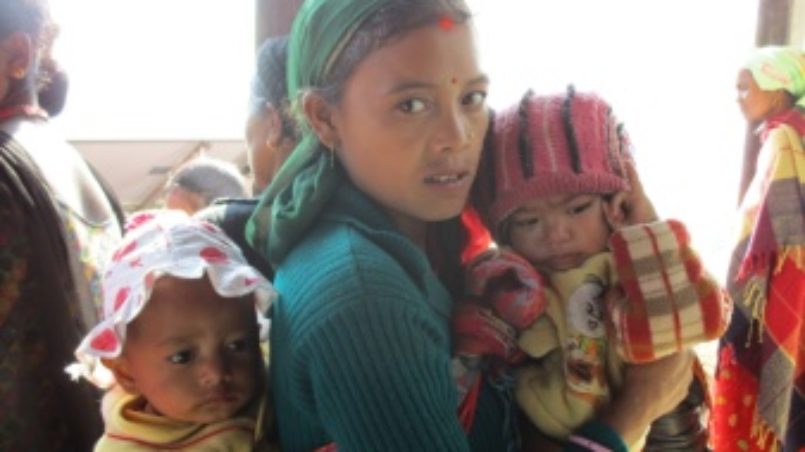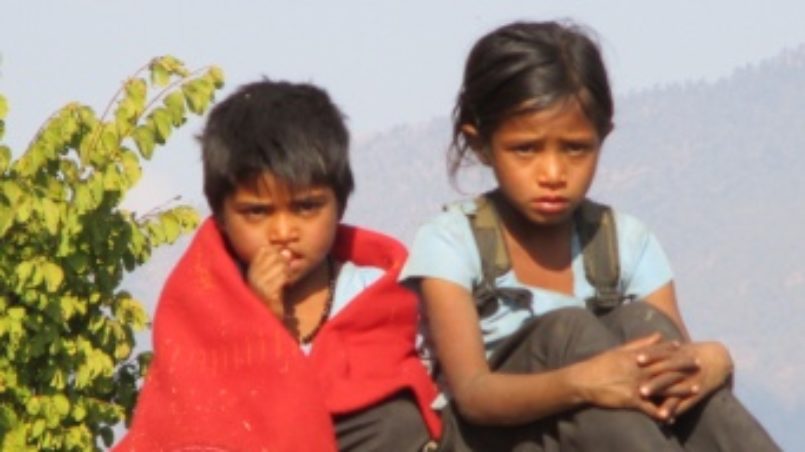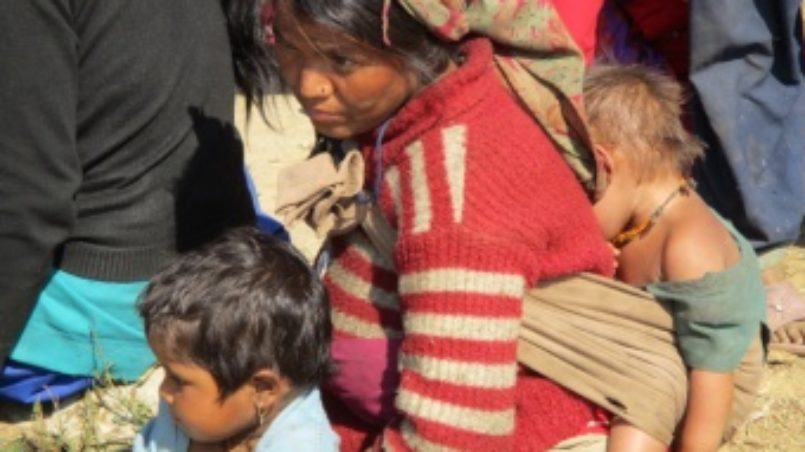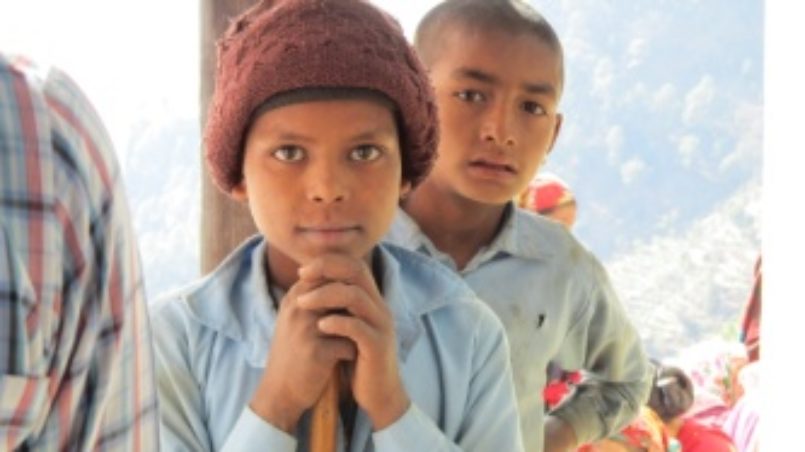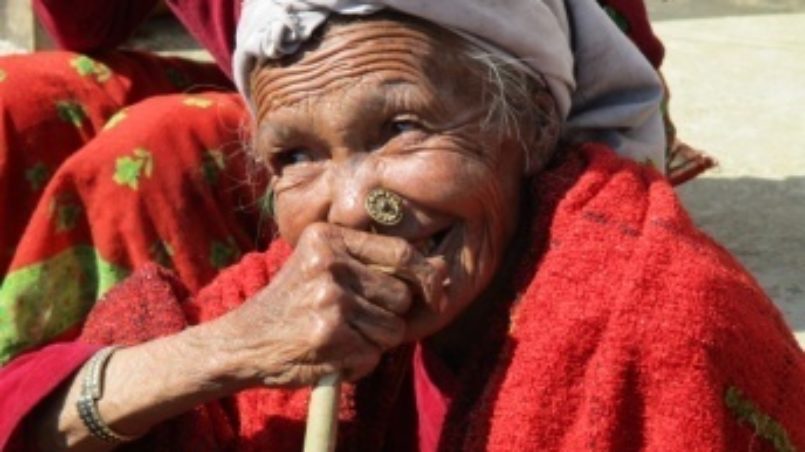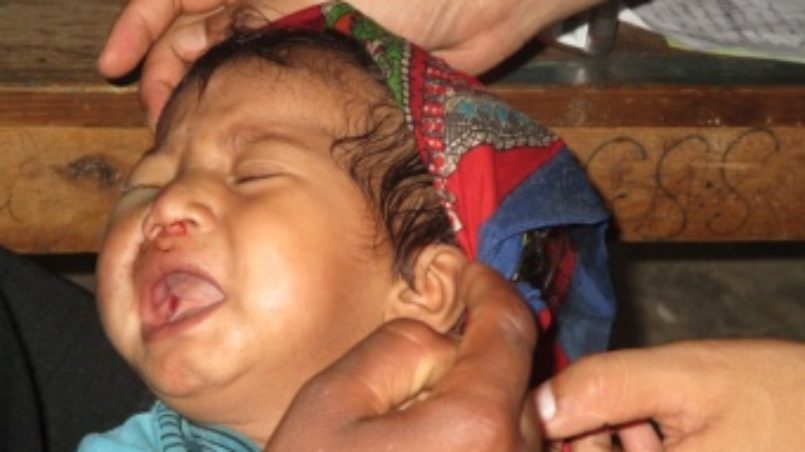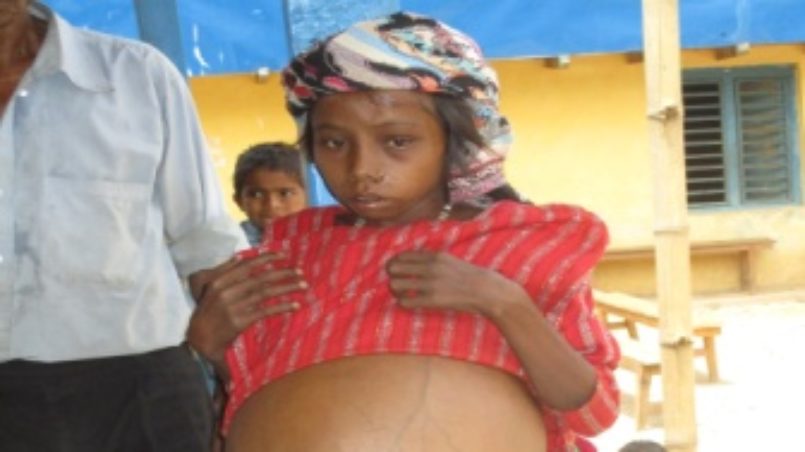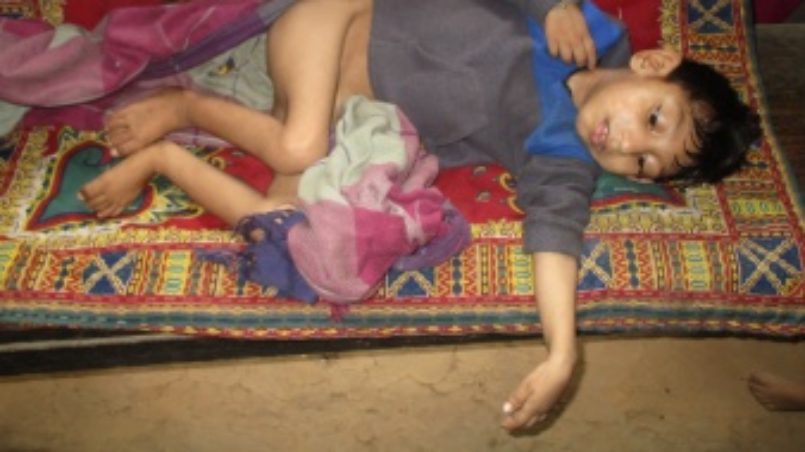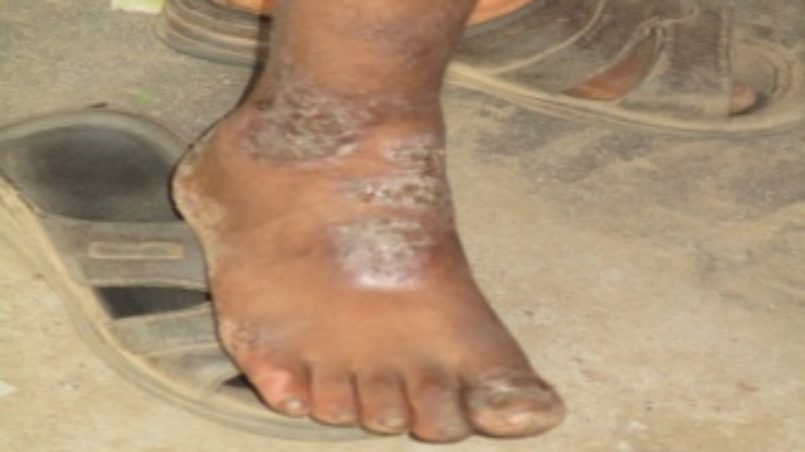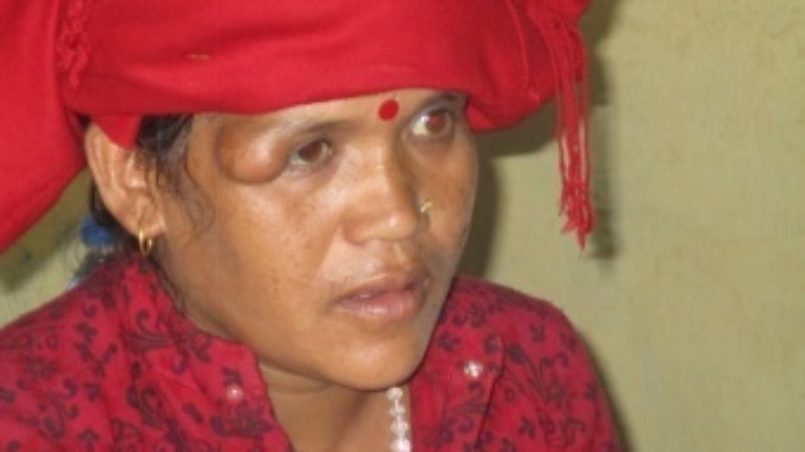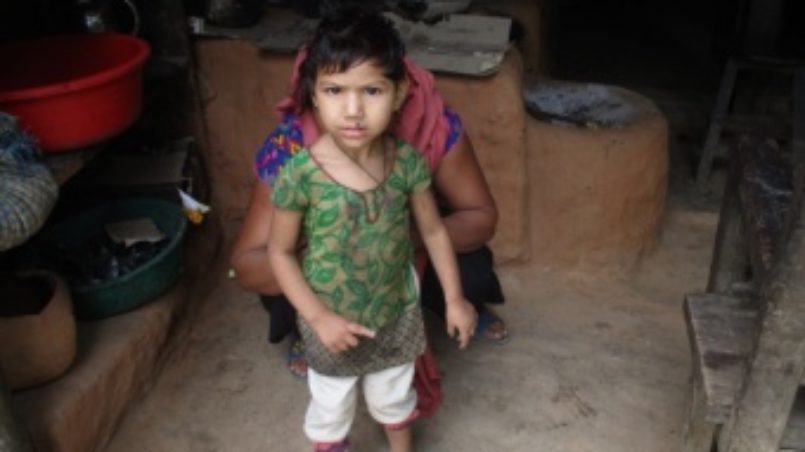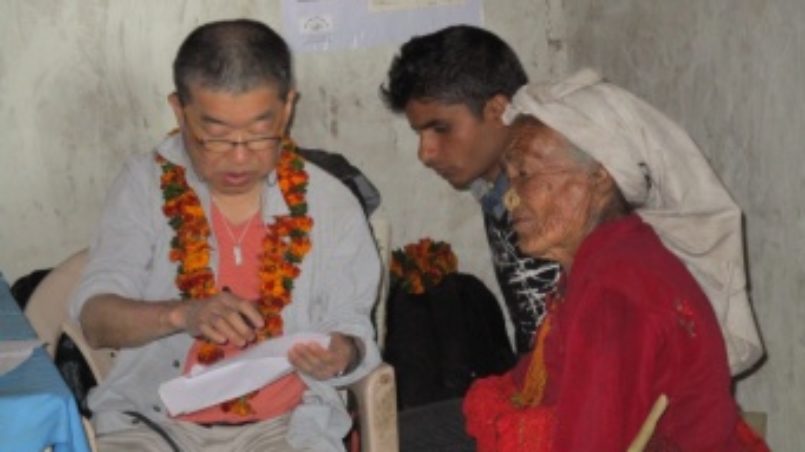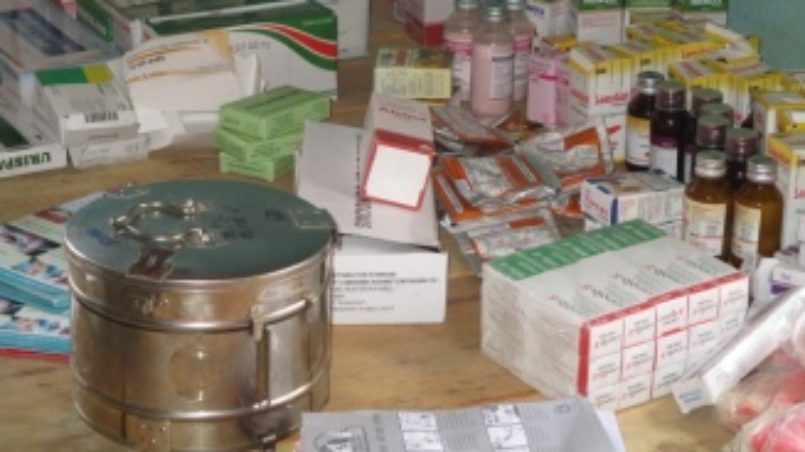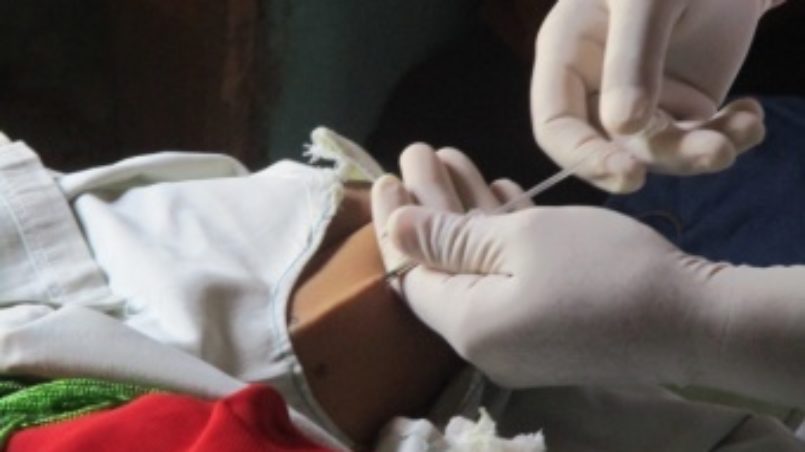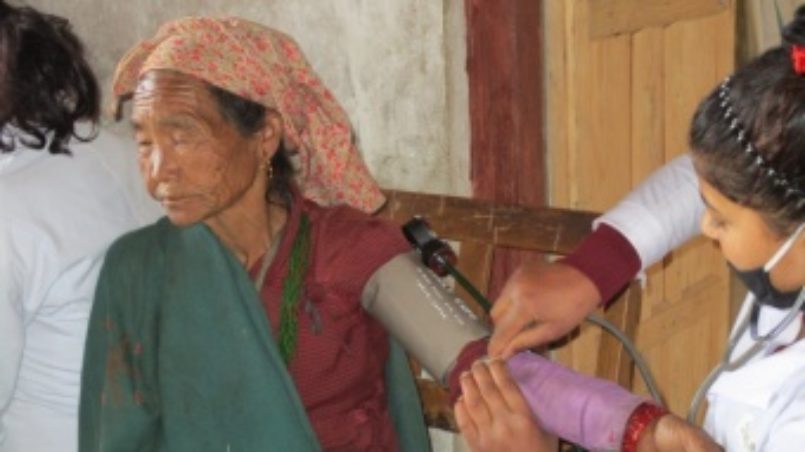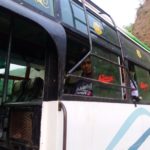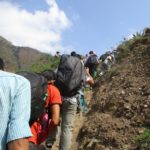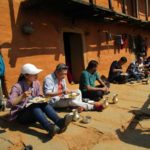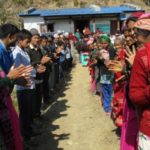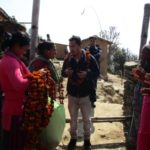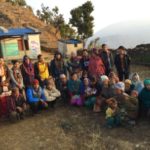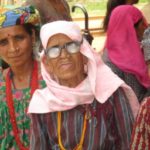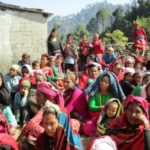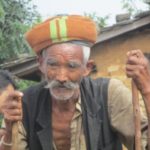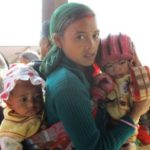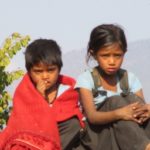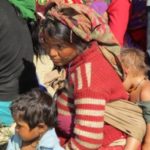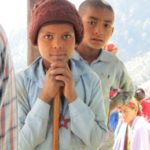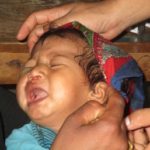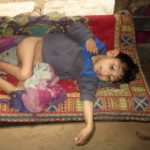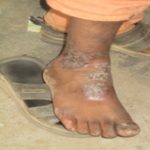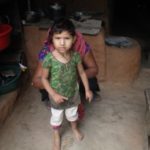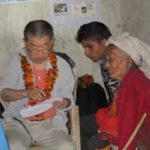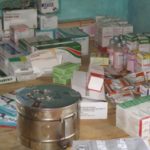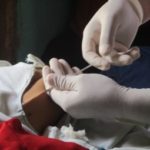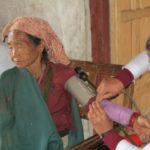My First Medical Camp Frightened Me
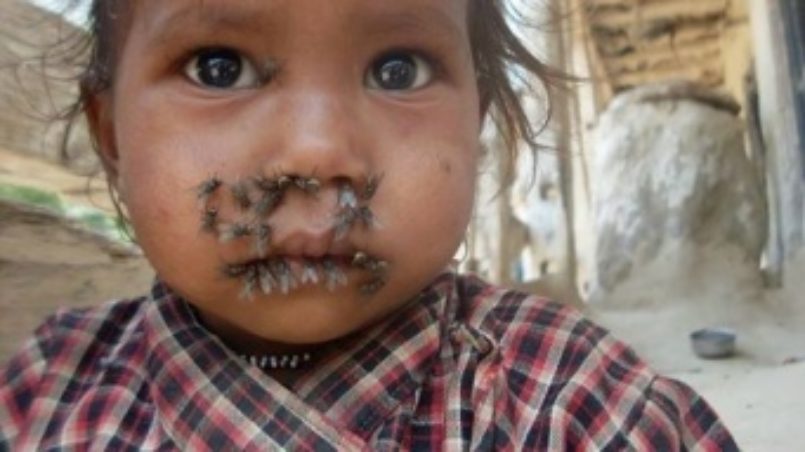
Being born in the lap of the Himalayas and also being a son of the Himalayas, I would like to call myself the Himalayan Boy. Professionally I am not a writer, but today I am daring to write because my ambitions in my life, my passions and unlimited dreams, which are as yet to be true in my life, make me so restless that I feel that I simply have to write something. On the other hand, the circumstances and the conditions which I see in and around my life cause me to suffer so terribly, that I feel bound to write here. It is said that empty hands and empty pocket teach us what we should do. This is not really true for my life but there is something running around in my mind, urging me to write and to do something in my life. Professionally I am a public health graduate and I would like to provide a rough idea of the health conditions in Nepal and here I begin.
Yes, it was a beautiful day. Everything was clear, the sky was bright and the birds were flying in the sky. It may sound surprising but, like those birds, I felt that I was also flying slowly and gently, very happy. Suddenly I heard a sound right beside my ear, “Tring, Tring, Tring”, very loudly and continuously. After a short while, I realised that the sound came from my cell phone and remembered that I had set the alarm on it late the night before. When I opened my eyes, my brain opened too, letting me know that it was early morning, around 5 a.m., and that my flight with the birds had just been a dream.
Late last night I had packed all my things because today I was moving to the Medical Reproductive Health Camp to serve the people of one of the most remote areas in Nepal. A remote place but also a rich place in Nepal. A rich place in terms of three things: first, natural beauty, second, a place famous for its honey and third, the burden of many contagious diseases. The world says that Nepal is a poor country but I consider Nepal to be a rich country, not only rich but the richest country in terms of everything. On the one hand, I find Nepal rich in water, mountains, the Himalayas, plants, herbs, birds, insects, animals, and geographical diversity while, on the other hand, I find Nepal rich in poverty, diseases, pollution, corruption and political instability.
Because I was the main person responsible for the management and mobilization of the Medical RH Camp Team, I had to organise everything – the Chaurjahri Mission Hospital Medical staff, the medicines and drugs, the supplies and the camp itself. After jumping out of bed, I refreshed myself and rushed to Chaurjahari Mission Hospital to check and prepare everything. Luckily already at 6.45 am, everything was ready and our journey could begin. There were 16 people in the Medical RH Camp Team: myself, as the organizer, three doctors, and the others were health assistants, nurses, community medicine assistants, pharmacists, etc.
Many thoughts filled my head: our destination, where we were marching, how it might be, how far away it was, how the people, their cultures and traditions would be… After a 15-minute walk, we caught a bus and after a 3-hour journey, at around 9 a.m. we finally reached a place called Ribna, one of the most famous places in the Jajarkot district of Nepal for fish as it is the meeting point of two rivers known as the Sanobheri and the Thulobheri in Nepal. There we had a breakfast of dal (a pulse), bhat (rice) and fish. We took the opportunity to have a short rest.
I stretched my legs and looked up at the hills because I could see the hill that we would have to climb to arrive at our destination. The hill was so high that we could not see the horizon and the sunrise. But, because of my passion to travel and serve the people, that hill became small for me. I closed my eyes, took a deep breath and began marching up the hill with the medical team. As we climbed, my heartbeat increased and I began sweating due to the effort needed. After a long 8-hour walk, we finally arrived at the summit of the hill and reached the remote but rich place, called Chakhurea, of Ghetma VDC (Village Development Committee).
The name of the place where the camp was located was named after a bird, the “Chakurea”, which is common in the area and Ghetma, one of the places in the Rukum district of Nepal which is very remote and very disadvantaged. At that time I was feeling very tired, but when I saw the people of the village, welcoming us with garlands in their hands, I forgot my tiredness and my aches. After this welcome, we had dinner and then went to bed. Although I was very tired, I could not fall sleep because I was thinking about the next day.
And, finally it was early morning, the day had come for my first medical camp and everybody was busy, eating, drinking and talking. I had something to eat with the Chaurjahri Mission Hospital doctors and then went to the place where we were to set up the medical camp. We managed to prepare everything and by 10 a.m. the camp was ready. There were various wards for our patients, for example, a registration room, a vitals examination room, an OPD room, a pharmacy, an ANC/PNC check-up room, an FP room, an HIV/AIDS testing room, a counseling room. All treatment, all medicines and all drugs were provided free of charge. As time went on, patients started to visit the camp. As I interacted with them, I was shocked to see and hear about the different types of health problems that the people experienced; I was shocked to hear of their aches and pains.
I was amazed to hear how they manage to survive and to hear how they barely receive even basic health services. I learned of the different kinds of superstitious thinking, of the gender discrimination prevalent among the people there. I came to know about the local people’s beliefs towards negative energy, with the traditional healers known as “Dhami or Jhankris” in common Nepali language. I saw for myself the hygienic and sanitation conditions for the people there. I was told how far they had to walk to receive maternity services. All of these things which I saw in that camp hit me like bullets from a machine gun in my mind and they frightened me.
I would like to share one experience from my time at this first medical camp, which scared me and made me feel hopeless: When I started chatting with the people there, I was told that the place where the camp was situated was the most advantaged place of that VDC. I thought to myself, if this is the most advantaged place, how are the conditions in the other places..??? This led me to think a lot about Mount Everest and this, in turn, led to many questions. The local people told me that they have to walk several days to get to the health services. Because of this, they go to traditional healers for their health services. Most people lose their lives while making the journey to get treatment as there are neither ambulances nor vehicles to transport them.
It showed me the true extent of health problems in Nepal. Since then, I made a promise to myself to make a contribution to the health sector of Nepal either by writing or by actively working in this sector. Today we are in the modern era and the world is talking about plastic surgery, organ transplantation and many more achievements in the health sector. But when I visited that place, I realized how far behind Nepal is. We don’t even have the basic health rights. People don’t get ORS to treat their diarrhea, they don’t have enough food to fill their stomachs and hence they suffer from malnutrition. They don’t have access to vehicles and transport.
Life is so hard and difficult in Nepal. That’s why this camp was one that frightened me, which showed me the real Nepal. I will never ever forget that camp.
